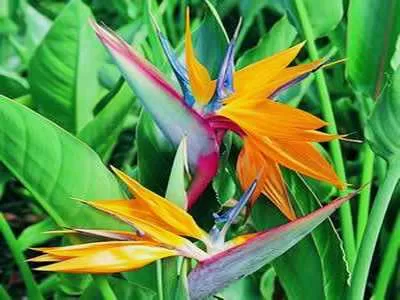As the sun dipped below the horizon, casting a golden hue over the evening, I observed a couple strolling past me, absorbed in their own world. They were the sole participants in our evening excursion, their presence marked by a whimsical, romantic air. The man, distinguished with salt-and-pepper hair and an air of worldly sophistication, appeared older than his partner. The woman, perhaps fifteen years his junior, radiated love and contentment. They seemed to embody a classic romance, like something out of a Delmer Daves film or a Joshua Logan painting.
The true essence of their personal story began to emerge when our conversation shifted to the Kalakaua dynasty and the challenges faced by its members, particularly regarding their struggles with having children. The husband hinted at their own difficulties, revealing that they had not been blessed with children.
“We’re good people,” the husband said with a sigh. “We’re not perfect, but we have a lot of love to give.”
Curious about their backgrounds, I asked them about their professions. The wife revealed she was a fifth-grade teacher, while the husband worked on curriculum development for the state of Michigan. The husband dismissed the notion that their students were a substitute for their own children. “We’ve heard that before. People say that the children we teach are like our own, but it’s becoming a bit clichéd,” he explained.
“There’s no right or wrong answer,” I replied. “Only what you both decide.”
The evening continued, with the husband captivated by the classic architecture of the capital district. He admired the historic buildings, like Ali’iolani Hale and the Kekuanoa Building, but expressed his frustration with the impact of Western colonialism on the architectural landscape. “Why couldn’t we have left things as they were?” he wondered aloud.
His wife added, “He loves history and it always brings us back to our personal dilemma.”
I probed further, “Is it about not being able to have children?”
“Yes,” the wife admitted.
“It’s about history, legacy, and the passing on of knowledge,” I responded.
The husband’s relief was palpable. “You understand,” he said with a deep sigh.
The couple had considered adoption but felt it wouldn’t fulfill their desires. The concept of Hanai, a Hawaiian tradition of fostering a child from birth and raising it as one’s own while still acknowledging the biological parents, offered some solace. I shared my own family’s experience with Hanai. “Even in my own family, we have a blend of children from previous marriages, and they consider each other siblings without any notion of ‘step.’ It’s all about raising a child as your own, regardless of biological ties.”
As we walked through a cemetery, the conversation about life, death, and legacy took on a poignant tone. Discussing the cycle of life in a place where people are laid to rest seemed to amplify the significance of their quest for continuity and legacy.
The evening’s exploration concluded with a focus on the paranormal, including photographs and explanations of ghostly phenomena. The husband reflected on the night’s lessons, saying, “We started out learning about ghosts in Honolulu and now we’ve learned about the immortality of life.”
We exchanged handshakes and goodbyes, and as the couple walked away, they paused for a long, heartfelt hug. Their tears were clearly not of sadness but of reassurance and a deeper understanding.
Unbeknownst to them, they had been accompanied by a gentle presence throughout the evening—a seven-year-old boy who mirrored their actions and shared in their embrace. While I chose not to mention this, recognizing that some truths unfold in their own time, I felt a profound sense of wisdom in allowing the couple to find their own path to change.
In the end, the evening had offered more than just a historical and paranormal tour; it had provided a moment of personal reflection and emotional connection, reinforcing the timeless values of love, legacy, and the enduring cycle of life.

